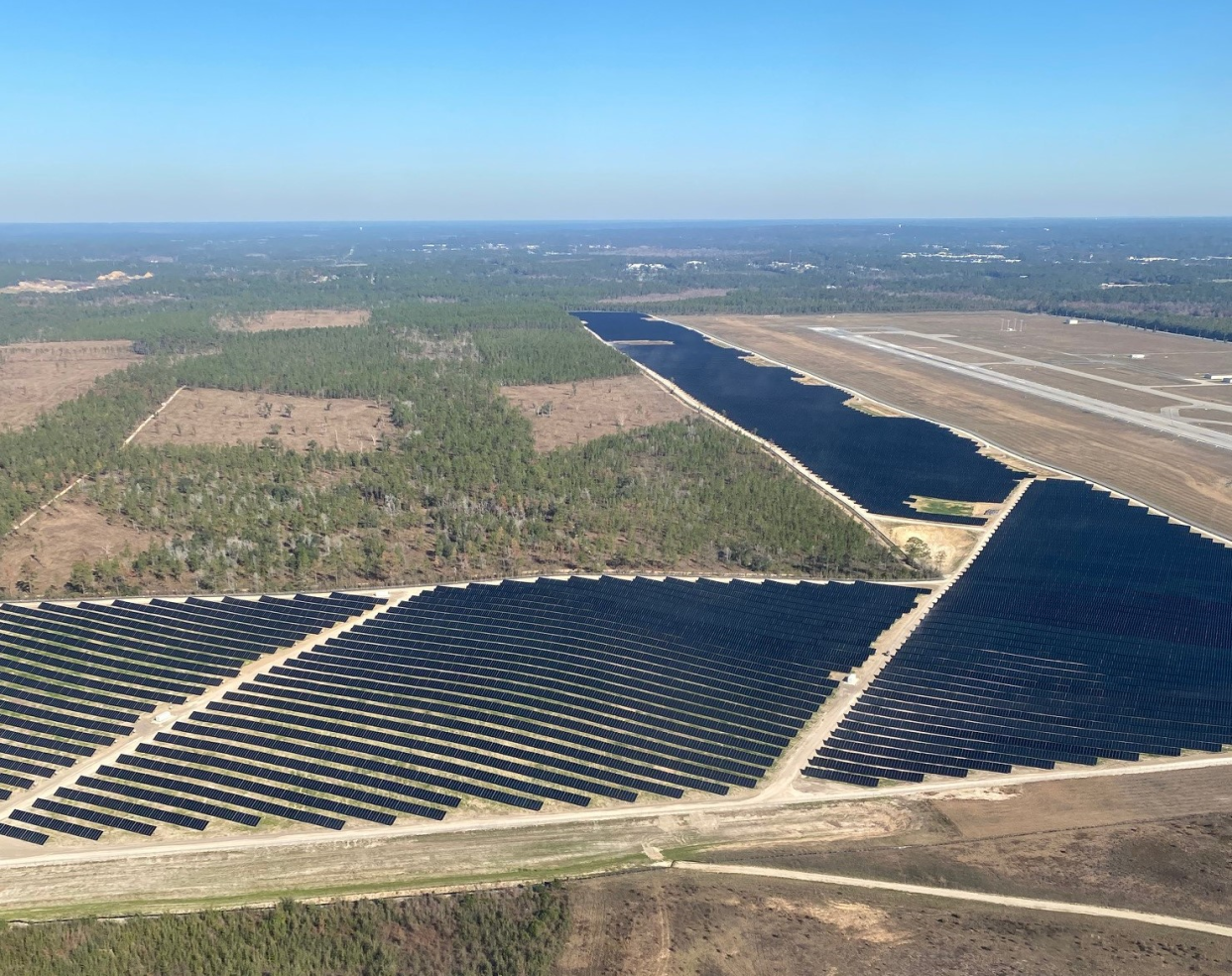The problem with government incentives for rooftop solar | Opinion

Progressives and conservatives often want the same things for our nation and our communities; we just disagree how to get there.
I believe everyone regardless of their political ideology wants clean air, better schools, affordable healthcare, and all the other benefits of living in the greatest nation on earth.
But what free market thinkers oppose is creating never-ending government programs to solve all of America’s problems.
This is because more often than not, these programs have unintended consequences that hurt people and reduce our personal freedoms. In fact, this is the case with a state government policy called “net metering,” which was originally designed to help jumpstart and promote the use of rooftop solar panels in Florida.
But today, thousands of homes now have solar panels and net metering has become a burden on working families because the program allows wealthy homeowners to avoid covering their fair share of maintaining the electric grid.
This happens because net metering pays homeowners with rooftop solar retail prices for the power they put back on the electric grid when they are producing excess electricity. This, in turn, reduces the contribution those wealthier homeowners pay on their electric bills to cover power grid upkeep.
Net metering favors the rich because only the well-to-do can benefit from rooftop solar. To get solar panels you have to be wealthy enough to own a home, you need to be able to afford the panels which can cost between $15,000 to $20,000, and in order to qualify for leasing the panels, you need to have good credit. Combined, these requirements for owning solar panels create insurmountable barriers for many low-income Floridians.
Thankfully, lawmakers in the Florida legislature have introduced legislation to reform net metering and ensure the program is made more equitable. Even with this legislation, rooftop solar is expected to continue to grow in the state – which is a good thing.
When Republican Florida State Senator Jennifer Bradley, introduced the bill (SB 1024) to reform net metering, she stated “When you overpay for the excess energy produced by rooftop solar customers, you force the remaining rate payers to share the infrastructure costs. This cost shift to non-solar customers is substantial and will shortly approach a billion dollars.”
Supporters of solar power should also understand that Florida is not lagging on adopting renewables. In fact, large scale industrial solar is growing at a record pace in Florida. The Solar Energy Industry Association ranked Florida as number three, on their top 10 solar states list, thanks to massive investments by the state’s electric companies.
In other words, I am not against solar power, I am against making people who can’t afford solar panels pay for it. Instead, industrial scale solar means cleaner air for everyone and a much more equitable way to expand renewable power in the Sunshine State.

Jennifer S. Carroll, entrepreneur and philanthropist, is the former Lieutenant Governor of Florida, and member of the Florida House of Representatives.
JOIN THE CONVERSATION
Send letters to the editor (up to 200 words) or Your Turn columns (about 500 words) to letters@tallahassee.com. Please include your address for verification purposes only, and if you send a Your Turn, also include a photo and 1-2 line bio of yourself. You can also submit anonymous Zing!s at Tallahassee.com/Zing. Submissions are published on a space-available basis. All submissions may be edited for content, clarity and length, and may also be published by any part of the USA TODAY NETWORK.
This article originally appeared on Tallahassee Democrat: The problem with government incentives for rooftop solar | Opinion

